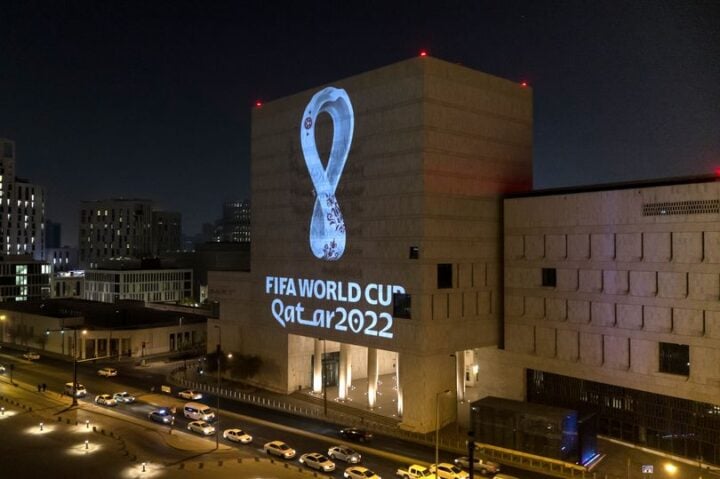Oil prices rose on Tuesday as investors weighed a potential output adjustment from the Organisation of the Petroleum Exporting Countries (OPEC) and its allies, known as OPEC+.
The oil cartel will hold its monthly meeting on December 4.
At 09.00 GMT+1, Brent crude went up 12.06 percent to $85.59 a barrel while West Texas Intermediate (WTI) crude climbed 1.73 percent to $78.58 a barrel.
On Monday, Brent had slumped more than 3 percent to $80.61 a barrel — its lowest since January 4.
Advertisement
Analysts from Haitong Futures, in a note to Reuters, said although the market is already correcting itself after the sharp drop, considering that OPEC+ would significantly consider additional production cuts at the upcoming meetings further fuelled the price jump.
“Although this is merely a guess… not the official statement from the OPEC, it still reflects the near-term market sentiment and is likely to be the turning point of the oil prices,” analysts said.
OPEC+ began to cut production by 2 million barrels per day (bpd) from the market, starting from November 2022, aiming to shore up oil prices.
Advertisement
Analysts at Eurasia Group also suggested that weakened demand out of China could spur OPEC+ to cut output in its December meeting.
The price jump was also aided by hopes that China would relax its COVID-19 controls after rare protests against the country’s zero-COVID strategy over the weekend in major Chinese cities.
The global oil market is also assessing the impact of an upcoming Western price cap on Russian oil.
Group of Seven (G7) and European Union (EU) diplomats have been discussing a cap between $65 and $70 a barrel, to limit revenue to fund Moscow’s military offensive in Ukraine without disrupting global oil markets.
Advertisement
The rise in global oil price has resulted in high subsidy regime for Nigeria, thereby depleting foreign exchange earnings.
Recently, the Central Bank of Nigeria (CBN) lamented that the country’s external reserves no longer come from crude oil sales.
Godwin Emefiele, CBN governor, had said foreign reserves receipts declined from usual $3 billion monthly to zero in 2022.
Advertisement
Add a comment






